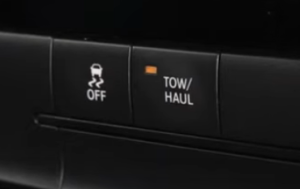Keeping track of the Chevrolet Trailblazer’s dash symbols prevents roadside breakdowns, protects expensive parts, and lets you fix minor issues before they become major repairs. Knowing which color means stop now versus schedule a service keeps you, your passengers, and the SUV out of danger.
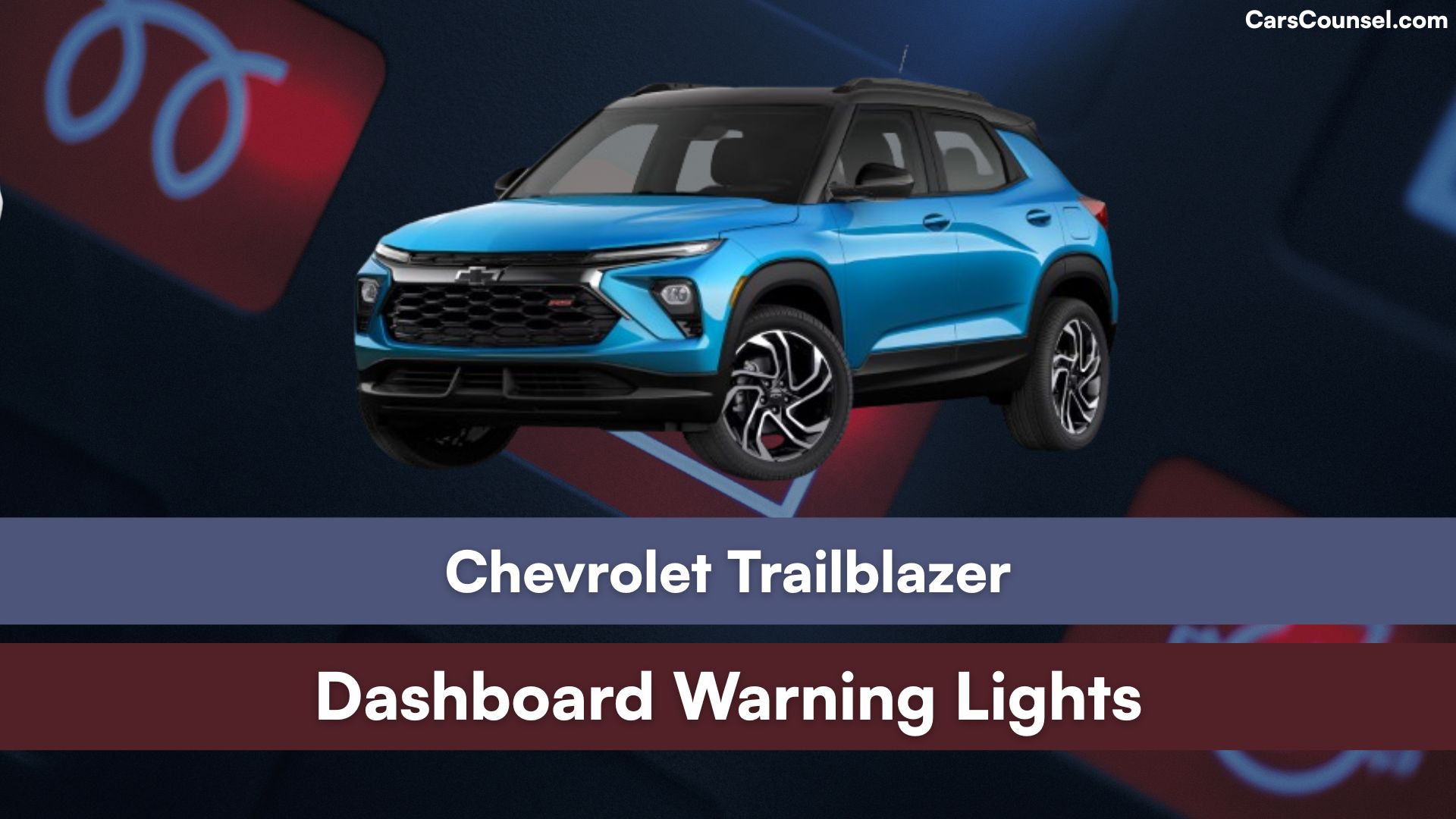
Quick Navigation
Red Lights – Stop Immediately
Engine Oil Pressure
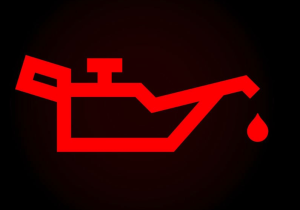
Oil not circulating; engine can seize. Pull over, shut off, check level, top up or tow for repair.
Coolant Temperature
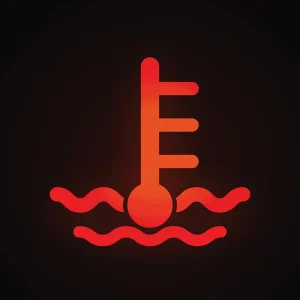
Engine overheating. Stop, turn off A/C, let engine cool; add coolant only when safe.
Brake System
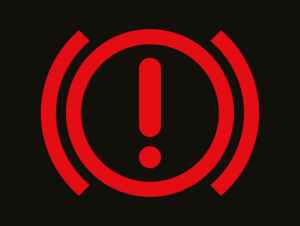
Low fluid, worn pads, or hydraulic fault. Park safely; call a technician.
Battery / Charging
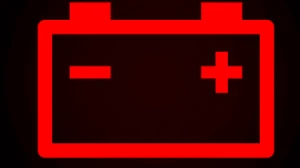
Alternator or battery failing; vehicle may stall. Turn off accessories and seek service fast.
Seat Belt Reminder
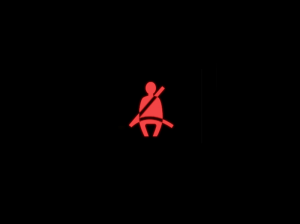
Driver or passenger belt unfastened. Buckle up to silence alert.
Airbag Fault

SRS malfunction; airbags may not deploy. Do not drive until system inspected.
Door Ajar
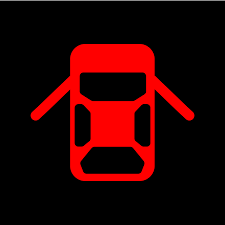
Any door, hood, or tailgate not fully latched. Stop, close securely.
Parking Brake Engaged
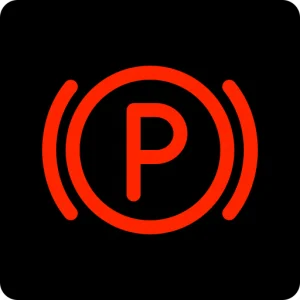
Handbrake still on while moving. Release immediately to avoid brake damage.
Steering System
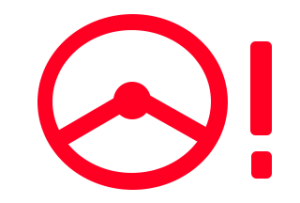
Power-assist loss. Heavy steering possible; stop and arrange towing.
Transmission Overheat
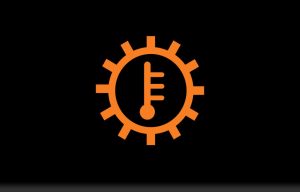
Fluid too hot; continued driving can ruin gearbox. Pull over, idle in Park, let cool.
Engine Stop/Start Fault
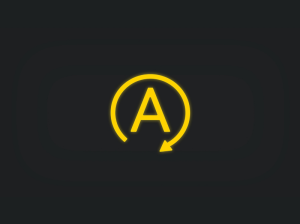
Critical engine problem detected; vehicle may shut down. Park and call for service.
Reduced Power / Limp Mode
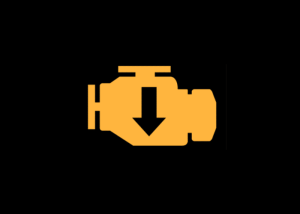
Severe engine or throttle issue; speed limited. Exit traffic and arrange repair.
Collision Alert (Red)
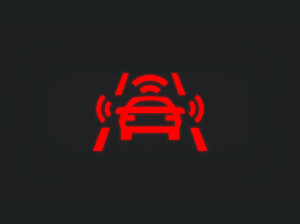
Imminent crash detected. Brake hard immediately.
SOS / OnStar Emergency
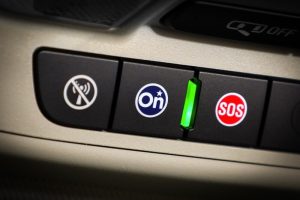
System fault—automatic crash response unavailable. Visit dealer promptly.
Yellow / Amber Lights – Action Required Soon
Check Engine
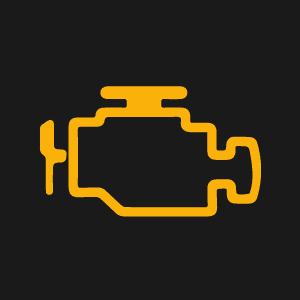
Emission or engine sensor fault. Book diagnostic soon; flashing means urgent.
ABS
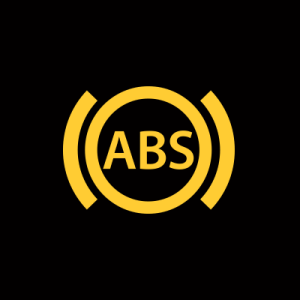
Anti-lock brakes disabled; normal brakes remain. Drive cautiously and service system.
Traction Control / ESC
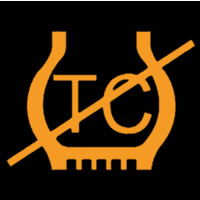
Stays on when system deactivated or fault exists. Enable or inspect sensors.
Tire Pressure (TPMS)
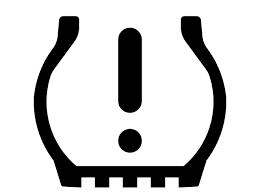
One or more tires low. Inflate to spec and reset.
Fuel Level Low
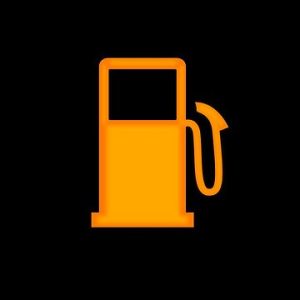
Near-empty tank. Refuel promptly.
Service Vehicle Soon
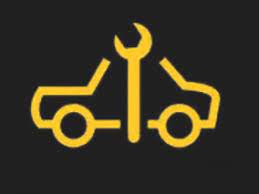
General electrical or drivetrain issue. Schedule workshop visit.
Engine Air Filter

Filter clogged; performance drops. Replace at next service.
Glow Plug (Diesel)

Plugs heating. Wait for light to go out before starting cold diesel.
Diesel Particulate Filter (DPF)
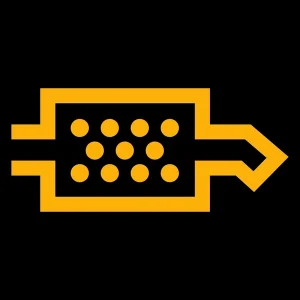
Filter loading up. Continue driving at highway speed to complete regen or seek service.
Lane Departure
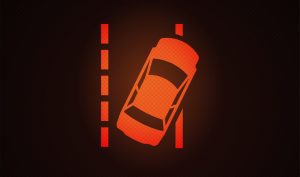
Unsignaled lane drift detected. Steer back or signal.
Forward Collision (Amber)
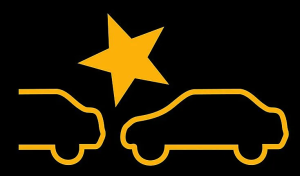
Following too close. Increase gap.
Auto High-Beam

System temporarily blocked by glare or dirt. Clean sensor or switch to manual.
Hill Descent Control Active

System regulating speed downhill. No action; monitor braking.
Trailer Tow / Haul Mode
Towing feature engaged. Verify load and drive accordingly.
Green Lights – Information Only
Headlights On

Low-beams active. Nothing required.
Turn Signal
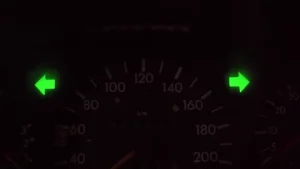
Flashes with indicator stalk; remember to cancel after turn.
Cruise Control Set
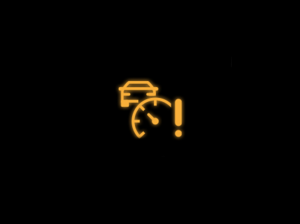
Maintaining chosen speed. Tap brake to cancel.
Eco / Economy Mode
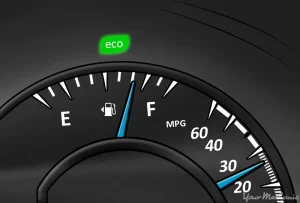
Engine and transmission in fuel-saving setting. Drive normally.
Auto Start-Stop Ready

Engine will shut off at next stop to save fuel. Can be disabled if desired.
Lane Keep Assist Ready

System monitoring lane lines; steering help available.
Fog Lights On
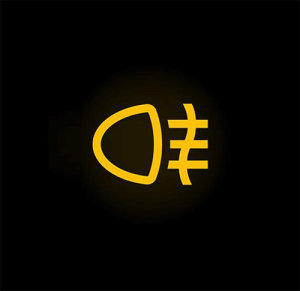
Front fog lamps illuminated for poor visibility.
Parking Sensors Active
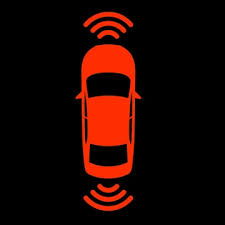
Ultrasonic sensors ready; heed beeps when reversing.
Seat Occupant Detected
Passenger present; ensure seat belt fastened.
4WD / AWD Engaged
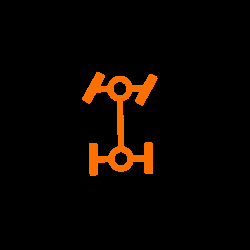
All-wheel drive selected for traction.
Auto Hold Enabled
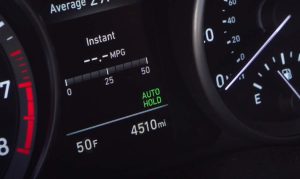
Brake pressure held at stop; press accelerator to move.
Regenerative Braking (EV)
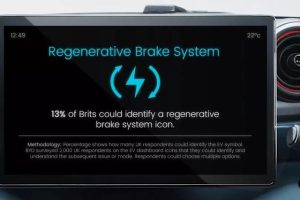
Energy recapture in progress; normal operation.
When looking at Chevrolet , make sure to check out our guides on models like the Chevrolet Tahoe, Chevrolet Sonic, Chevrolet Orlando, and Chevrolet Express. Understanding dashboard warning lights is essential. Our expert reviews break down what each light means, highlighting common alerts for these models and what they could signal about underlying issues, so you’re never left guessing behind the wheel.
